How Much Does it Cost to Install an EV Charger at Home?

As the world transitions towards a more sustainable and eco-friendly future, electric vehicles (EVs) have taken center stage. With their reduced carbon emissions and cost-effective operation, it’s no wonder that an increasing number of individuals are making the switch from traditional gas-powered vehicles to EVs. However, one common concern that often arises is the accessibility of charging infrastructure, especially at home.
If you’re considering joining the electric vehicle revolution, you might be wondering about the costs involved in installing an EV charger in your own garage or driveway. Chesapeake Electric will break down the various factors that contribute to the price tag of an EV charger installation and provide you with the knowledge you need to make an informed decision about integrating this cutting-edge technology into your daily life.
What is an EV Charger?
An EV charger, also known as an electric vehicle charger or EV charging station, is a device that provides electrical power to charge electric vehicles (EVs), such as battery electric cars and plug-in hybrid vehicles. These chargers are essential for refueling EVs with electricity, similar to how traditional vehicles are refueled with gasoline or diesel.
What Are the Benefits of Having an EV Charger Installed at Home?
Installing an EV charger at home offers several benefits, making it a convenient and practical choice for electric vehicle owners. Here are some of the advantages of having an EV charger installed at home:
- Convenience: Home EV charging is incredibly convenient. You can plug in your electric vehicle overnight and wake up to a fully charged battery, saving time and hassle compared to visiting a public charging station.
- Cost Savings: Charging your EV at home is often cheaper than using public charging stations or buying gasoline. Electricity rates for home charging are typically lower than the cost per mile of driving on gasoline, resulting in potential long-term cost savings.
- Range Assurance: Home charging allows you to start each day with a full battery, ensuring you have maximum driving range available for your daily commute or errands. This can reduce any range anxiety associated with electric vehicles.
- Charging While You Sleep: Home chargers enable you to take advantage of off-peak electricity rates, which are often lower during nighttime hours. This can further reduce your charging costs.
- Customization: You can choose the type of home charger that best suits your needs, whether it’s a Level 2 charger for daily charging or a faster Level 3 charger if your EV supports it. You have control over the charging speed and power.
- Availability: Your home charger is always available, eliminating the uncertainty of finding an open public charging station. You won’t have to wait in line or deal with busy charging stations.
- Environmental Benefits: Charging your EV at home can reduce your carbon footprint since it allows you to use electricity from renewable sources if you have them. This aligns with the environmental goals of many electric vehicle owners.
- Increased Home Value: The presence of an EV charger can enhance the value of your home and make it more attractive to potential buyers, as the demand for residential EV charging is on the rise.
Overall, installing an EV charger at home not only enhances the convenience and cost-efficiency of owning an electric vehicle but also contributes to the widespread adoption of sustainable transportation and a cleaner environment.
How Much Do At-Home EV Chargers Cost?
The cost of installing an EV charger at your house can vary widely depending on several factors. Here are some of the key factors that can influence the cost of installation:
- Charger Type: The type of charger you choose significantly affects the cost. Level 1 chargers are relatively inexpensive, often coming included with the purchase of an electric vehicle. Level 2 chargers are more common for home installations and may cost more, especially if you opt for a higher-power charger. Level 3 (DC fast chargers) are typically the most expensive, and they are less common for home installations.
- Power Capacity: The power capacity of the charger you install can influence the cost. Higher-power chargers can provide faster charging but may require electrical upgrades in your home, which can add to the installation cost.
- Electrical Panel Capacity: If your home’s electrical panel does not have sufficient capacity to support the charger, you may need to upgrade it. Upgrading the electrical panel can be a significant cost factor.
- Wiring and Installation Complexity: The ease or complexity of the installation process can impact the cost. Factors like the distance between the electrical panel and the charger location, the need for trenching or underground conduit, and the condition of your existing electrical system can all affect the final cost.
To get an accurate estimate for installing an EV charger at your house, it’s recommended to obtain quotes from reputable electricians or EV charger installation companies in your area. They can assess your specific needs and provide you with a more precise cost estimate based on your circumstances. Installation costs can range from a few hundred dollars for a basic Level 2 charger installation to several thousand dollars for more complex installations or Level 3 fast chargers.
EV Charger Installation in Annapolis, MD
Chesapeake Electric is dedicated to making EV charging at home a seamless and cost-effective reality for Annapolis residents. With our professional EV charger installation services, you can experience the convenience and environmental benefits of electric vehicle ownership right at your doorstep. Contact us today to learn more about our services.
Recent Posts

January 23, 2026
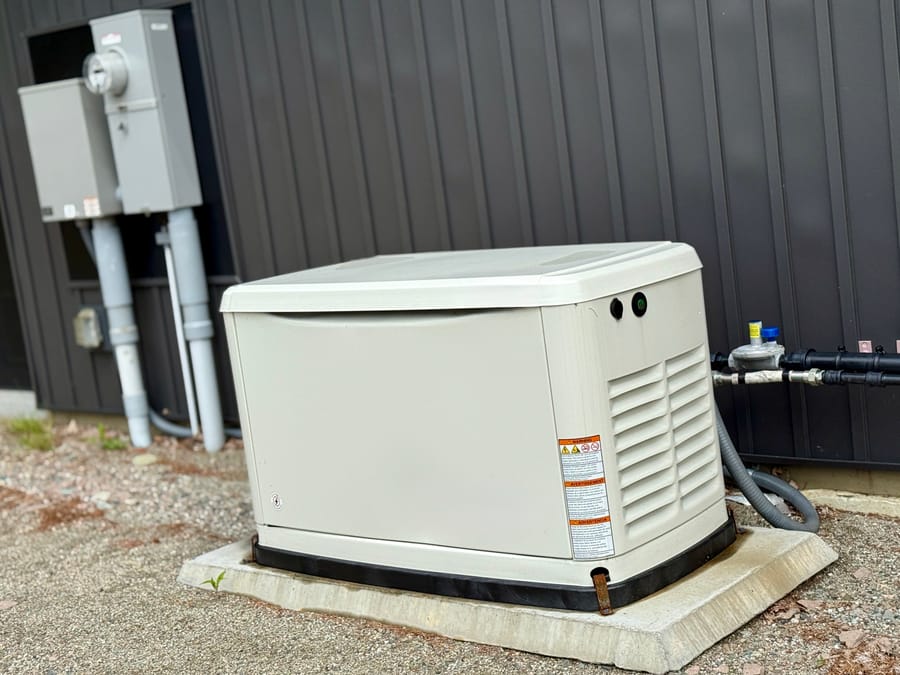
January 22, 2026
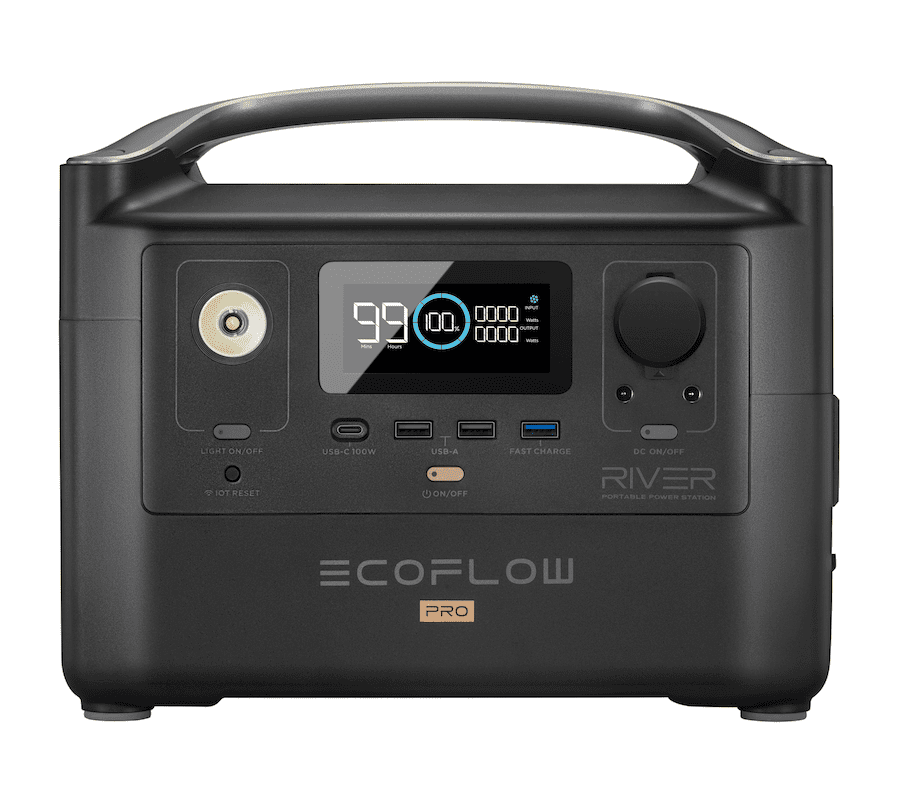
January 21, 2026
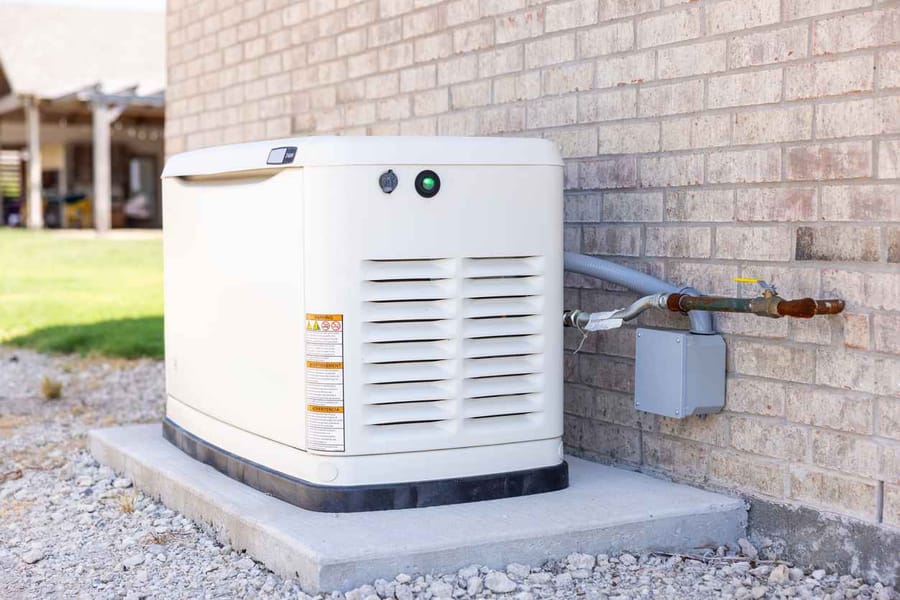
December 19, 2025

December 19, 2025
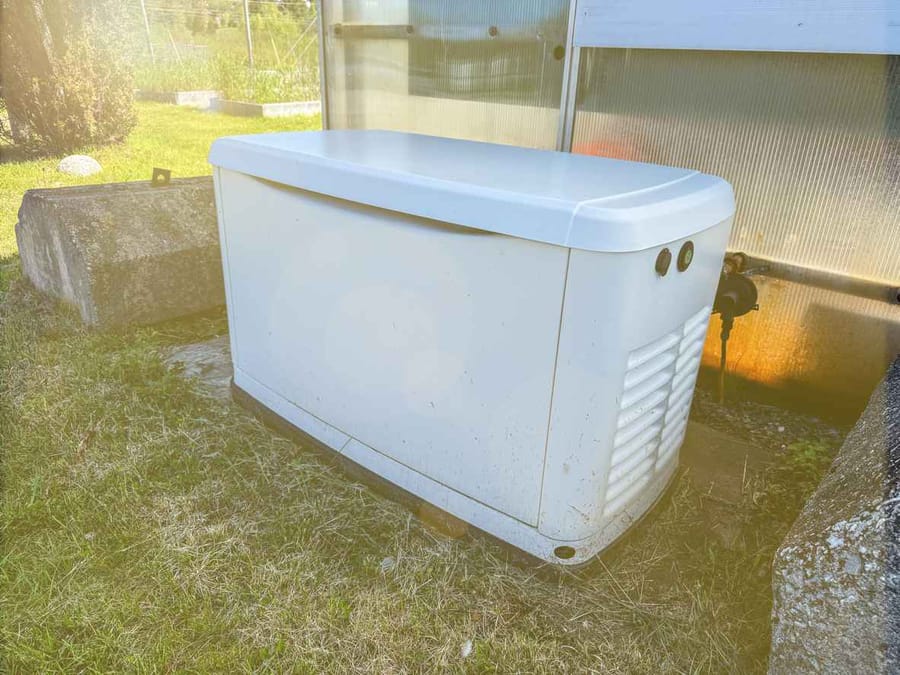
December 19, 2025
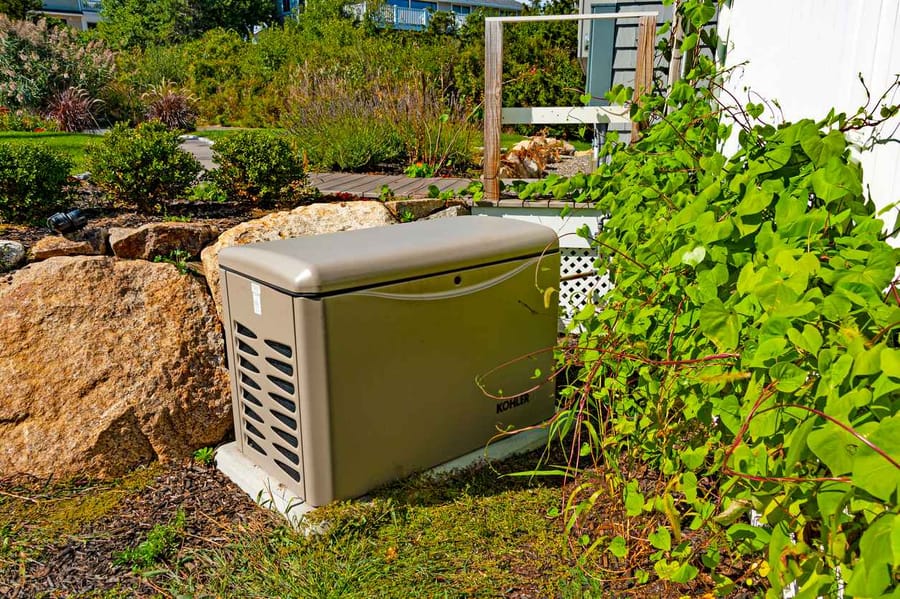
November 21, 2025